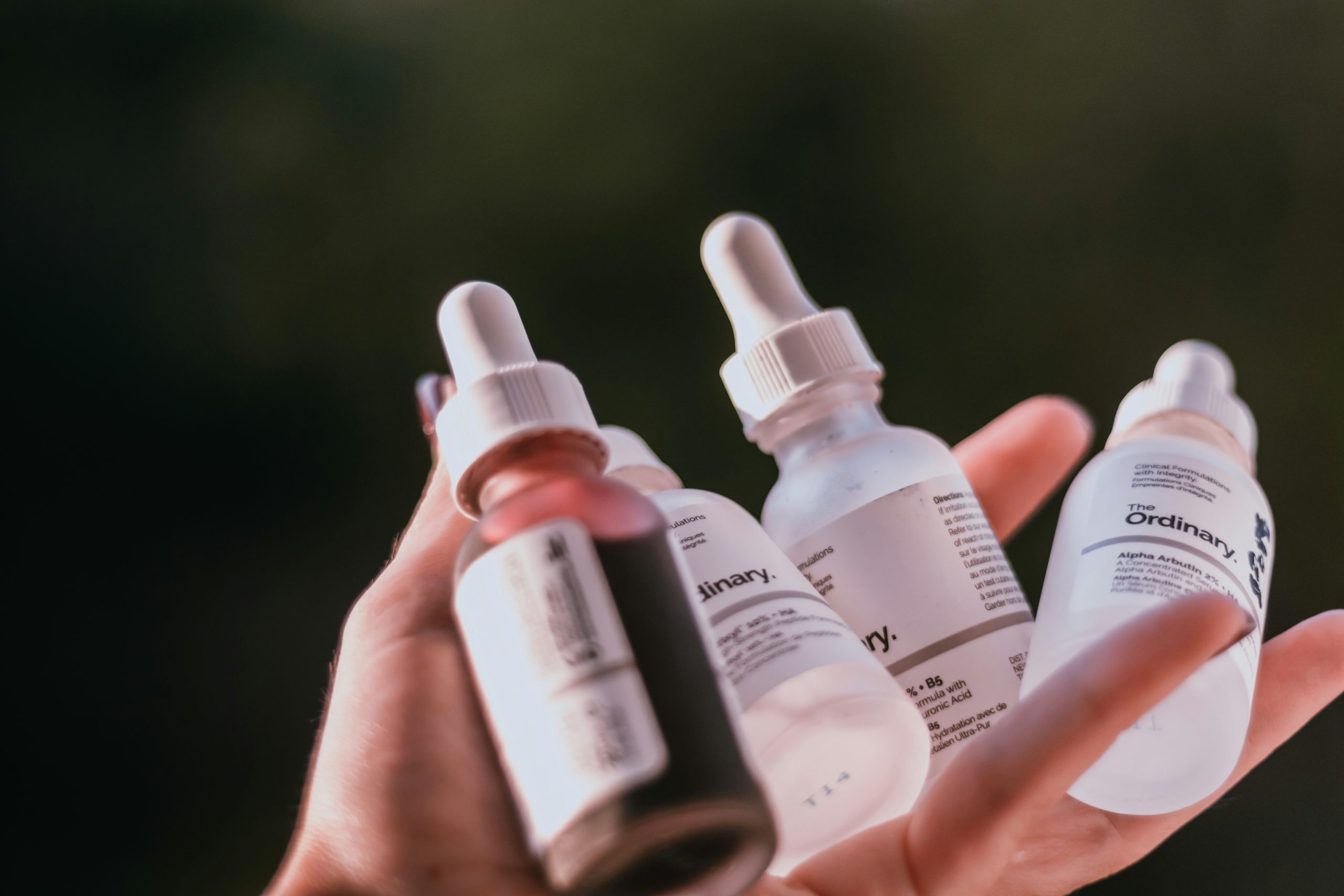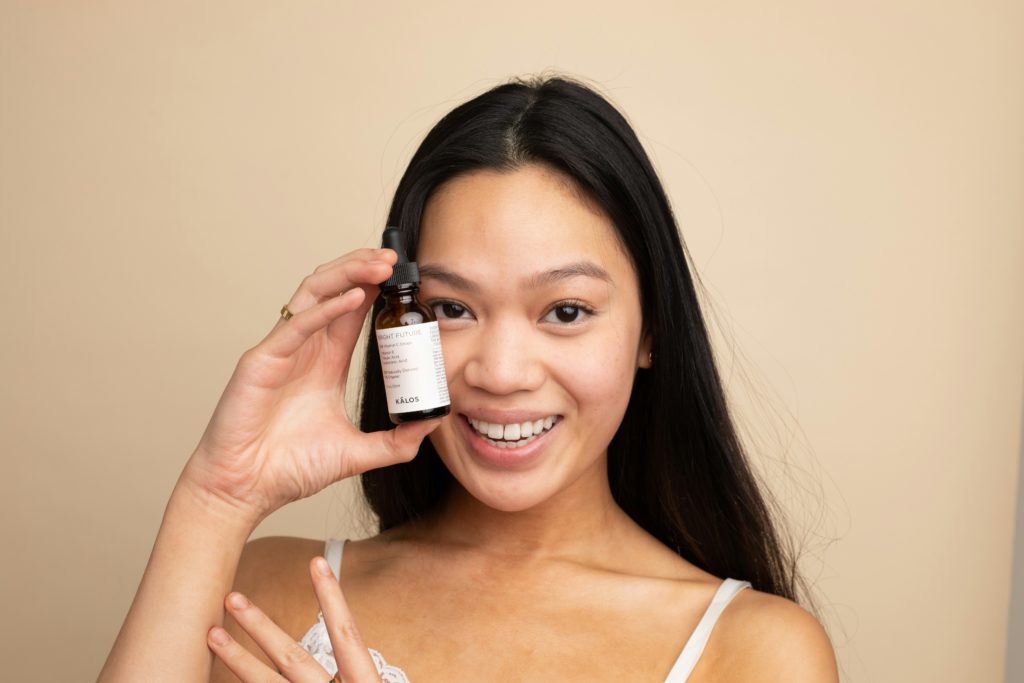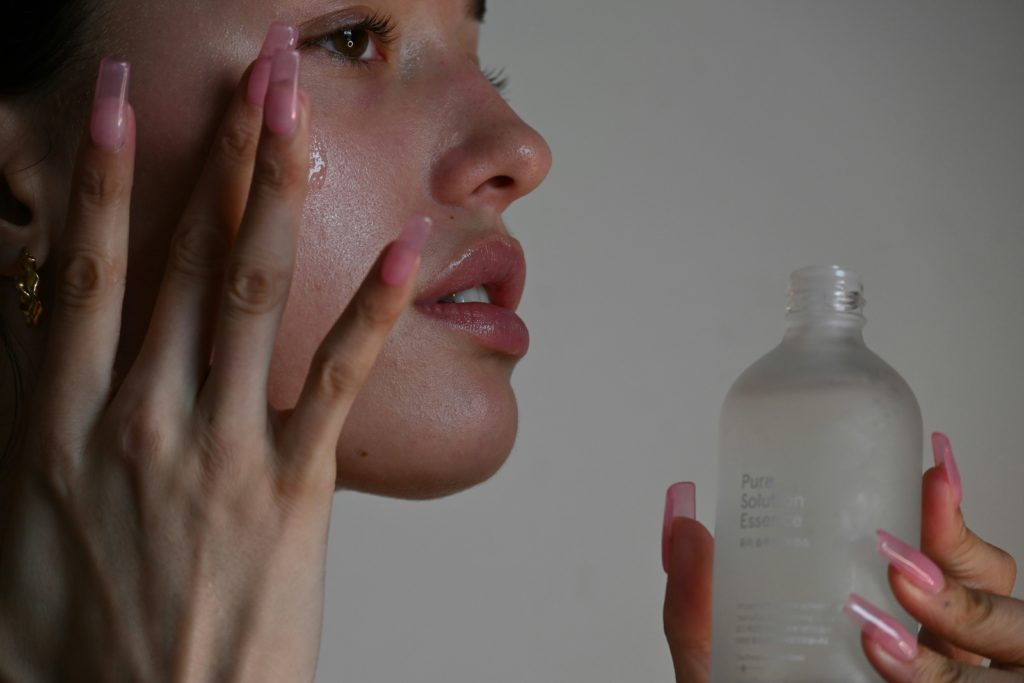
5 Reasons to Use Retinol in Your Skincare Routine
22 Aug 2025
Retinol is one of the most powerful and researched ingredients in skincare, and at Beauty Savers, it’s a consistent favourite for those looking to improve their skin’s appearance and long-term health. Dermatologists and beauty experts recommend retinol for a wide range of concerns, from fine lines and pigmentation to acne and uneven texture. But if you’re new to this ingredient, you might be wondering: what exactly is retinol good for, and how should it be used?
In this guide, we’ll explore the top 5 benefits of retinol, answer the most searched questions about how to use it, and explain why this ingredient deserves a place in your skincare routine.
What is Retinol?

Retinol is a derivative of vitamin A, widely regarded as one of the most effective skincare ingredients available today. It works by accelerating cell turnover and stimulating collagen production, helping the skin renew itself more quickly. Unlike basic moisturisers that focus only on surface hydration, retinol penetrates deeper into the skin to target wrinkles, pigmentation, uneven tone, and texture issues.
You can find retinol in both over-the-counter serums and creams, as well as in stronger prescription formulas. Because of its potency, it’s important to introduce it gradually to avoid irritation while still reaping the benefits.
How Retinol Works on the Skin?
- Speeds up cell renewal encourages old, dull skin cells to shed so fresh, healthy cells appear at the surface.
- Boosts collagen production helps skin stay firmer and reduces fine lines and wrinkles.
- Improves pigmentation evens out dark spots, sun damage, and acne marks.
- Unclogs pores reduces breakouts by preventing dead skin cells and oil from building up.
- Improves radiance promotes smoother, more youthful-looking skin over time.
This powerful ingredient is available in over-the-counter creams and serums, as well as stronger prescription formulas. Because of its potency, it’s best to introduce retinol gradually to allow the skin to build tolerance.
1. Retinol Reduces Fine Lines and Wrinkles

The anti-ageing benefits of retinol are its biggest claim to fame. By stimulating collagen and elastin, retinol strengthens the skin’s structure, making it firmer and smoother.
With consistent use, fine lines around the eyes and mouth, and even deeper wrinkles, appear less noticeable. This makes retinol one of the most effective non-prescription ingredients for youthful-looking skin.
A professional favourite is the Obagi 360 Retinol 1.0, a high-strength retinol treatment designed to smooth texture, refine tone, and minimise visible signs of ageing. It’s a powerful option for those ready to step up their skincare routine with proven results.
2. Retinol Improves Skin Texture and Smoothness
If you’re dealing with rough patches, uneven tone, or a dull complexion, retinol can make a significant difference. By increasing cell turnover, it helps shed dead skin cells and encourages fresh, healthy cells to surface.
This process not only smooths out texture but also improves overall clarity, giving the skin a brighter, more even appearance. Retinol helps refine pores, reduce the look of rough areas, and restore a softer, more polished finish to the skin.
With consistent use, many people notice that their complexion looks fresher, healthier, and more radiant making retinol a go-to ingredient for those seeking a smoother and more youthful look.
The result? A smoother, more radiant complexion with visibly improved skin clarity.
3. Retinol Fades Dark Spots and Hyperpigmentation

Retinol is highly effective for treating dark spots and pigmentation, whether from sun damage, ageing, or acne scarring. By encouraging faster skin renewal, it helps fade unwanted marks and promotes a more even complexion.
It works by increasing cell turnover, which reduces the clusters of melanin that form visible spots. Over time, this leads to clearer skin with fewer signs of past damage. Retinol is also widely recommended for those with melasma or uneven tone.
Pairing retinol with daily SPF use is essential, as it can make the skin more sensitive to the sun. With consistent use, retinol supports a visibly brighter, more balanced complexion.
4. Retinol Helps Control Acne and Breakouts
Beyond its anti-ageing properties, retinol is also a powerful solution for acne-prone skin. By unclogging pores, regulating oil production, and promoting cell turnover, retinol helps reduce active breakouts while preventing new ones from forming.
It works particularly well for blackheads and whiteheads, as it helps clear pore blockages before they become inflamed blemishes. Dermatologists often recommend retinol as part of a long-term acne management plan because it improves both current and future skin clarity.
Over time, it can also soften the appearance of acne scars and post-inflammatory pigmentation, making it a dual-purpose treatment for adults experiencing both acne and early ageing. For many, retinol offers a more comprehensive approach than standard spot treatments.
5. Retinol Boosts Radiance and Overall Skin Health
Perhaps the biggest reason retinol is loved by skincare experts is its ability to transform the skin’s overall appearance. With regular use, skin looks brighter, smoother, and more youthful.
Retinol helps remove dull, dead surface cells while supporting healthier new cells, leaving behind a natural glow. This makes it one of the most effective skincare for glowing skin solutions, especially for those whose complexion feels lacklustre or fatigued due to lifestyle, stress, or environmental damage.
Many people notice an improvement in radiance and clarity within just 8–12 weeks of introducing retinol into their routine. Over the long term, it builds stronger, healthier skin that is more resilient, radiant, and better able to retain hydration.
Ready to see the difference retinol can make? Shop our professional range of retinol serum and skincare at Beauty Savers Ireland today.
Retinol FAQs
1. Is retinol ok to use daily?
Yes, but only once your skin has built tolerance. Beginners should start with 2–3 applications per week, then gradually increase. Always pair with moisturiser and SPF to protect the skin.
2. Who should use retinol?
Retinol is ideal for anyone wanting to improve signs of ageing (fine lines, wrinkles, loss of firmness), fade dark spots, refine uneven skin tone, or manage acne-prone skin.
3. What are the retinol benefits for acne?
Retinol helps unclog pores, reduce inflammation, and prevent future breakouts. It also improves skin texture and minimises the appearance of acne scars over time.
4. Is retinol safe for sensitive skin?
Yes, but sensitive skin types should start with a low-strength formula (0.1–0.2%) and patch test first. Buffering with moisturiser can help reduce irritation.
5. Is retinol good for your hair?
No retinol’s proven benefits are for the skin. While vitamin A is essential for overall health, topical retinol is not typically used or effective for hair concerns.




No Comments